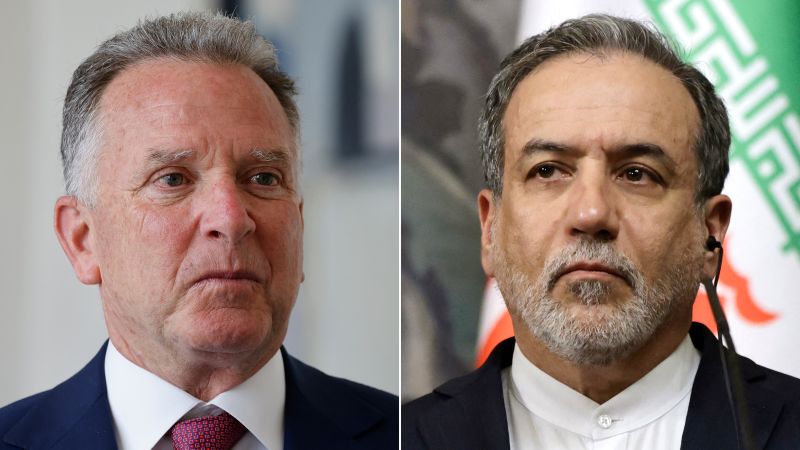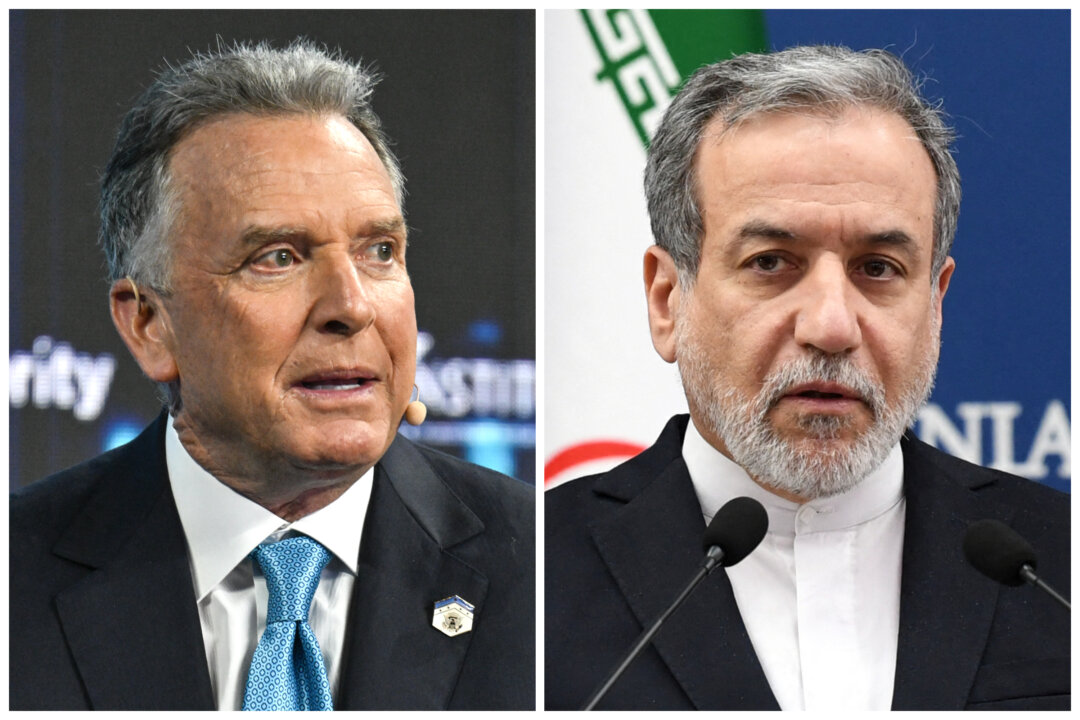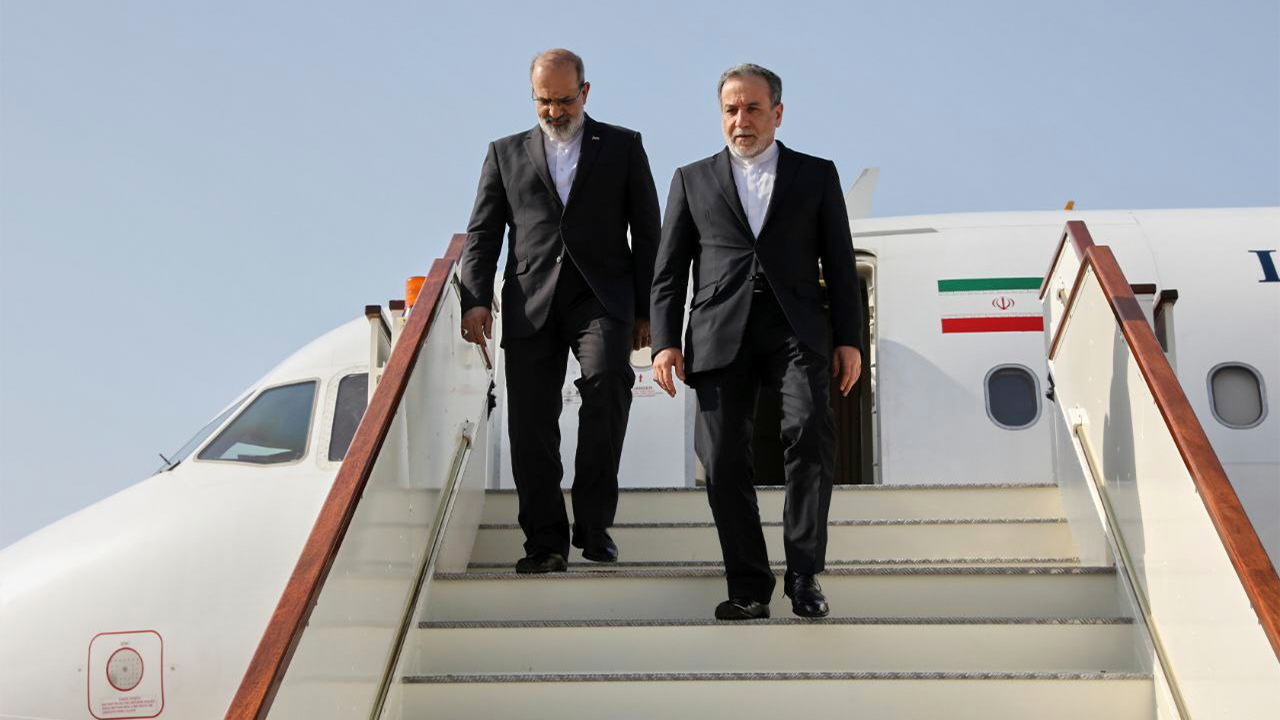U.S. and Iran's Nuclear Talks Progress in Oman Amid Ongoing Tensions
U.S. and Iran engage in serious nuclear talks in Oman, planning follow-up meetings amid recent violence and diplomatic optimism.
Subscribe to unlock this story
We really don't like cutting you off, but you've reached your monthly limit. At just $5/month, subscriptions are how we keep this project going. Start your free 7-day trial today!
Get StartedHave an account? Sign in
Overview
On April 26, Iran and the U.S. held productive nuclear negotiations in Muscat, Oman, concluding with an agreement for further discussions next weekend. Iranian Foreign Minister Abbas Araghchi described the talks as serious and detailed, though significant disagreements remain. The discussions aimed to limit Iran's nuclear activities in exchange for sanctions relief, tapping into a cautious optimism from both sides. Concurrently, a major explosion in southern Iran underscored the continued volatility of the region. The upcoming meeting is scheduled for May 3, as the U.S. hopes for a renewed commitment to nuclear limits amid fluctuating demands.
Report issue

Read both sides in 5 minutes each day
Analysis
- The negotiations between Iran and the U.S. focus on limiting Iran's nuclear program, especially regarding uranium enrichment, in exchange for lifting some economic sanctions.
- U.S. Special Envoy Steve Witkoff and Iranian Foreign Minister Abbas Araghchi led in-depth technical discussions during the third round of talks, highlighting a focus on core principles and objectives.
- Omani Foreign Minister Badr al-Busaidi announced that both countries identified a shared aspiration for an agreement, with further high-level negotiations planned for May 3.
Articles (8)
Center (3)
FAQ
While exact current demands are not detailed in available reports, historical context shows the JCPOA originally required Iran to restrict uranium enrichment levels, reduce enriched uranium stockpiles, and limit centrifuge numbers[1][5]. Recent negotiations likely focus on similar constraints, as the U.S. seeks to prevent weapons-grade enrichment.
The April 9, 2025 U.S. sanctions on entities supporting Iran's nuclear program could complicate negotiations by demonstrating continued pressure tactics, though both sides appear committed to dialogue despite such measures[4].
Senior Iranian military officials have recently conducted multiple inspections at key nuclear sites' air defenses, including Natanz and Fordow facilities, indicating heightened readiness against potential U.S. or Israeli strikes[3].
China maintains a unified front with Iran and Russia in supporting negotiations, as evidenced by recent multilateral meetings involving IAEA officials and permanent UN representatives from all three countries[3].
While specifics about the explosion remain unclear, such incidents underscore regional volatility that could affect negotiation dynamics, though no direct connection to nuclear facilities or talks is evident from available information.
History
- 6M

 4 articles
4 articles






